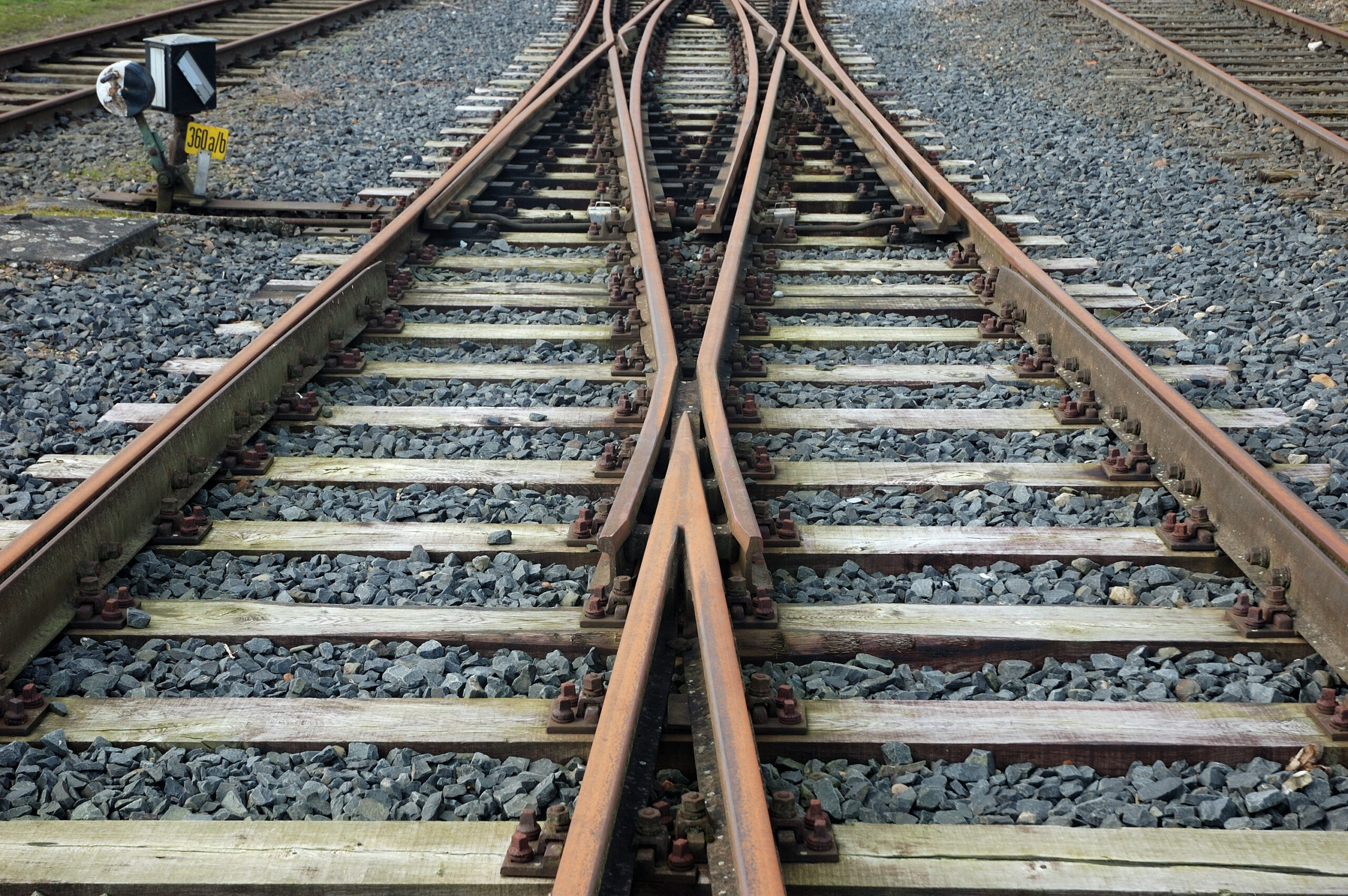“The Lobito Corridor represents a bold and ambitious vision by the US — not just to build a railroad, but to ignite economic growth, reassert Western influence in Africa, and challenge China’s dominance in infrastructure. Success hinges on overcoming historical tensions, infrastructure challenges, and, most critically, the West’s willingness to make a sustained, meaningful commitment to the continent.” — Melissa ‘Mel’ Sanderson, Director, American Rare Earths Limited (ASX: ARR | OTCQX: AMRRY) & Director, Critical Minerals Institute (CMI)
The much-touted Lobito Corridor, a railroad development running through Angola to the port of Lobito in that country, is a potentially important initiative by the US and EU to encourage Western companies, especially miners, to increase their presence in the three countries affected by the project: Zambia, Angola and the Democratic Republic of the Congo. It also represents a means by which the Western countries, who have been noticeably absent in the key area of infrastructure development, may be able to compete with China on the African continent.
However, it is not without issues, many of which stem from apparent lack of consideration for history. In Africa, history matters.
For instance, the history between DRC and Angola. During the Cold War, the US had military bases in the then-Zaire and cooperated actively with then-President Mobotu to support an anti-communist “rebel” force in Angola which was trying to unseat the Angolan government and oust Russian “advisors” from that country. The US eventually closed its bases and withdrew its support for Mobutu but left a lingering legacy of animosity between the two countries which has played out across the ensuing decades, mostly recently seeing Angola successfully annex a swath of diamond-rich territory in southern DRC.
Successive governments in the DRC have accused Angola of fostering violence and social unrest in the border areas of the two countries, in addition to looting natural resources.
The DRC, which has an existing Atlantic port at Matadi and a second deep-water port under construction at Banana (at the mouth of the Congo River) by a company from Dubai, logically argued that if a rail line would be built to facilitate mining in Congo that it should run to one or both of those ports. Congolese haven’t forgotten that when the country was a Belgium holding it was well connected by road, rail and river from coast to coast. This infrastructure network was destroyed during what is called Africa’s World War, fought on Congolese territory from 1998-2003, and has never been rebuilt, effectively severing Western Congo (where the capital city Kinshasa is located) from the mineral-rich Eastern Congo. Successive governments in DRC have urged Western nations to help rebuild national infrastructure in order to improve governance in the notoriously violent East but neither China nor the West have undertaken such an effort.
Not surprisingly, the DRC isn’t happy with the Lobito rail line, especially since the third member country, Zambia, will be receiving upgraded infrastructure in order to connect its mineralized zone to the Lobito Corridor. DRC’s rail network in the mining provinces of Haut-Katanga, Lualaba and Haut-Lomami will, however, receive much-needed upgrades.
The multi-year project also intends to try to fertilize sustainable economic development in villages and areas near the rail line. It isn’t yet clear, however, that this project can jumpstart the long-standing Angolan government objective of industrializing both its existing agriculture while also implanting factories and diverse manufacturing in these isolated regions. Doing so would require additional investments in energy and secondary infrastructure that do not seem currently to be in the plan.
Another question mark is whether there is a Western vision to build out the transport network in DRC to facilitate development of critical minerals mining beyond just the copper-cobalt belt. Both DRC and Zambia have large reserves of lithium, graphite and rare earths, with Congo also having one of the world’s largest uranium deposits in the old Shinkolobwe mine operated by Belgium pre-WWII.
The biggest potential problem may, however, be US staying power. Africa has never been a priority for the US and, with few exceptions, the US has not demonstrated any staying power on the continent, nor have US companies broadly engaged there as they have in Latin America. If Washington isn’t ready and able to make a sustained commitment to genuine economic development – going beyond facilitating exports of primary products to citing manufacturing plants and diversifying activities beyond the extractive industries – it is unlikely to achieve its overarching goal of truly competing with, and ultimately displacing China on the continent.
Likewise, traditional reluctance in Washington to partner with US mining companies to facilitate investment in Africa could affect the success of the project.
Most African nations are ready and indeed eager to partner with the US, if the US is willing to really seize the moment. The Lobito Corridor project will be a good test case for whether Washington is truly able to deliver on this ambitious vision.
Editor: Melissa (Mel) Sanderson
Melissa Sanderson is the globally experienced and forward-looking Founder of Ethically Sustainable Growth (ESG+), advising boards and companies how to position themselves for sustainable success by embracing diversity,…
This article was published by: Melissa (Mel) Sanderson
Visit the original article here



